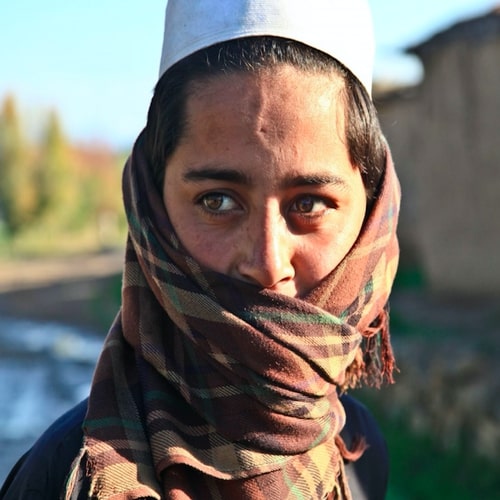Teenager’s Moustache.
Hanafi Fiqh
Answered by Ustadh Tabraze Azam
Question: Assalam alaykum
I came across the Hadith concerning the trimming and shaving of moustache under the chapter of combing the hair.
My family follow the Hanafi school. Is my 15 years old boy required to trim or shave his moustache?
Answer: Wa alaikum assalam wa rahmatullah,
He should trim the moustache if it extends in length below the upper lip. Otherwise, the upshot is that there are two positions in the Hanafi school with respect to maintaining the moustache in a dignified manner.
When listing the matters which are from natural upkeep (fitra), the Noble Prophet (Allah bless him and give him peace) mentioned to, “Trim the moustache.” (Muslim) Based on this and other similar traditions (ahadith), the Hanafis have two interpretations: (a) to shave the moustache off, and (b) to trim it.
The former was chosen by Imam Tahawi, and presented as the position of Imam Abu Hanifa and his two companions (sahibayn). The Ottoman jurisconsult, Ibrahim al-Halabi also chose this in his brilliant late primer, Multaqa al-Abhur. But the trimming position was chosen by Mawsili in his Mukhtar, Marghinani in his Hidaya, Kasani in his Bada‘i, and indicated by Qadi Khan in his Fatawa. These are all major authorities in the Hanafi school.
The jurists (fuqaha) explain that the specific sunna is to ensure that no hair falls below the top of the upper lip. Whenever that occurs, the sunna would be applicable.
Given the dislikedness of shaving off the moustache according to some legal schools (madhahib), something incidentally also transmitted in the Hanafi school, the recommendation to avoid differences of opinion, and the fact that some scholars deemed shaving to be a form of mutilation (muthla), it may well be argued that trimming is superior than shaving. Nevertheless, both positions exist in the school and either may be followed.
Of course, there is also a circumstantial aspect to this question. So if he will be the only boy in the entire community or in the school doing something different, then perhaps it is best avoided for the time being. Usually, matters which bring about notoriety are discouraged, unless there is a clear benefit to be attained in doing so, and such matters normally require consultation with local, reliable scholars.
There are some other details, but hopefully this is sufficient to answer the question.
(Nahlawi, al-Durar al-Mubaha fi al-Hazr wa al-Ibaha (47); Kasani, Bada‘i al-Sana‘i; Ibn ‘Abidin, Minhat al-Khaliq ‘ala al-Bahr al-Ra’iq/Radd al-Muhtar)
And Allah Most High knows best.
[Ustadh] Tabraze Azam
Checked and Approved by Shaykh Faraz Rabbani
Ustadh Tabraze Azam holds a BSc in Computer Science from the University of Leicester, where he also served as the President of the Islamic Society. He memorised the entire Qur’an in his hometown of Ipswich at the tender age of sixteen, and has since studied the Islamic Sciences in traditional settings in the UK, Jordan and Turkey. He is currently pursuing advanced studies in Jordan, where he is presently based with his family.
